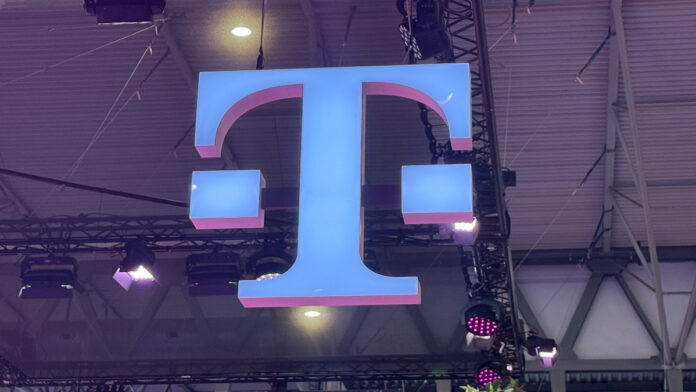Deutsche Telekom noted that the implementation of the new industrial AI cloud is expected to take place by 2026 at the latest
In sum – what to know:
AI cloud for European industry – Deutsche Telekom and Nvidia will launch what it claims to be the world’s first industrial AI cloud dedicated to European manufacturers.
Massive GPU-powered infra – The AI factory will run on 10,000 Nvidia GPUs, supporting simulation and AI-driven manufacturing using various technologies.
Focus on data sovereignty – Deutsche Telekom said it will ensure the AI infrastructure complies with European data protection laws, reinforcing digital sovereignty and industrial competitiveness.
German carrier Deutsche Telekom and U.S. chip maker Nvidia said they will build what it claims to be the world’s first industrial AI cloud for European manufacturers in Germany.
The implementation of the industrial AI cloud is expected to take place by 2026 at the latest, the German telco said.
“Europe’s technological future needs a sprint, not a stroll,” said Deutsche Telekom CEO Timotheus Höttges. “We must seize the opportunities of artificial intelligence now, revolutionize our industry and secure a leading position in the global technology competition. Our economic success depends on quick decisions and collaborative innovations”.
Jensen Huang, founder and CEO of Nvidia, added: “In the era of AI, every manufacturer needs two factories: one for making things, and one for creating the intelligence that powers them. By building Europe’s first industrial AI infrastructure, we’re enabling the region’s leading industrial companies to advance simulation-first, AI-driven manufacturing.”
The two companies highlighted that the planned AI factory in Germany will support industrial AI workloads for European manufacturers. It will feature 10,000 GPUs through Nvidia DGX B200 systems and RTX Pro Servers running Nvidia CUDA-X, RTX and Omniverse accelerated workloads from leading software vendors.
As part of the AI infra project, Deutsche Telekom said it will provide secure and sovereign infrastructure and be responsible for data centers, operations, sales, security and AI solutions. The project will also guarantee that data protection and data security are adhered to and that data is only processed in accordance with European standards.
Europe is currently playing a very active role in the AI infra field. Last month, At the AI Action Summit in Paris, European Commission President Ursula von der Leyen officially launched InvestAI, a €20 billion ($21.4 billion) initiative aimed at transforming Europe into a leading hub for AI innovation. A central part of this initiative is the creation of four large-scale AI gigafactories across the EU. These facilities will be capable of training some of the world’s most complex AI models, using around 100,000 next-generation AI chips each.
The commission describes the new gigafactories as a “CERN for AI” — a large-scale public-private partnership open to researchers, companies and governments. The goal is to ensure that AI development in Europe is not limited to tech giants, but accessible to a wide range of players, including start-ups and research institutions.
The gigafactories will serve industries working on mission-critical applications, such as healthcare, biotech, climate science and robotics. They are designed to support Europe’s cooperative innovation model, emphasizing transparency, security and equal access to technology.
Also, Nvidia recently said it is partnering with European governments and major tech, telecom and cloud providers with the aim of deploying AI infrastructure across the continent.
The initiative spans France, Italy, Spain, the U.K. and several Nordic countries, with deployments of Nvidia’s new Blackwell platform forming the technological backbone of sovereign AI ambitions. Collectively, these projects are expected to deliver more than 3,000 exaflops of compute capacity, enabling enterprises, startups and public sector institutions to securely develop and scale advanced AI models.

